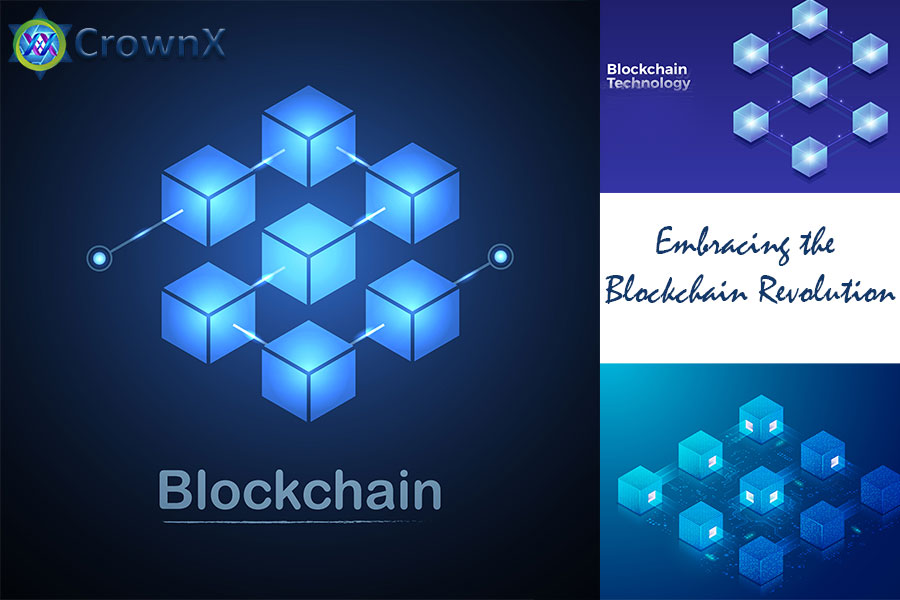
Blockchain is a decentralized and distributed digital ledger technology that securely records and stores transactions and data across a network of computers. Each piece of data, known as a "block," is linked to the previous one in chronological order, forming an immutable and transparent "chain" of information. Here are some of the key advantages of blockchain technology:
Security: Data stored on a blockchain is secured through cryptographic techniques. Once a block is added to the chain, altering or deleting the information within it is extremely difficult, ensuring the integrity and authenticity of the data.
Transparency: All participants in a blockchain network have access to the same version of the ledger, promoting transparency and reducing the risk of fraud or manipulation. Transactions can be verified by all parties involved.
Decentralization: Unlike traditional databases that are managed by a central authority, blockchain operates on a decentralized network. This means no single entity has control over the entire system, enhancing resilience and reducing the risk of a single point of failure.
Efficiency: Blockchain eliminates the need for intermediaries in transactions, speeding up processes and reducing costs. It provides a more direct and efficient way for parties to interact and exchange assets.
Traceability: Every transaction on a blockchain is recorded and linked to the previous one, creating an auditable and traceable history. This feature is particularly valuable in supply chain management and tracking the origin of goods.
Reduced Fraud: The transparent and tamper-resistant nature of blockchain reduces the potential for fraudulent activities. Once information is added to the blockchain, it is nearly impossible to alter it without consensus from the network.
Smart Contracts: Blockchain enables the creation and execution of smart contracts—self-executing agreements with predefined conditions. These contracts automate processes, trigger actions when conditions are met, and eliminate the need for intermediaries.
Global Accessibility: Blockchain operates on a digital platform accessible via the internet, making it available to participants around the world. It can facilitate cross-border transactions without the need for traditional intermediaries.
Cost Savings: By eliminating intermediaries, reducing paperwork, and streamlining processes, blockchain can lead to significant cost savings in various industries.
Innovation: Blockchain has the potential to drive innovation across sectors, enabling new business models and solutions that were previously unattainable.
Overall, blockchain technology has the capacity to transform industries by enhancing security, transparency, and efficiency while reducing costs and promoting trust among participants.